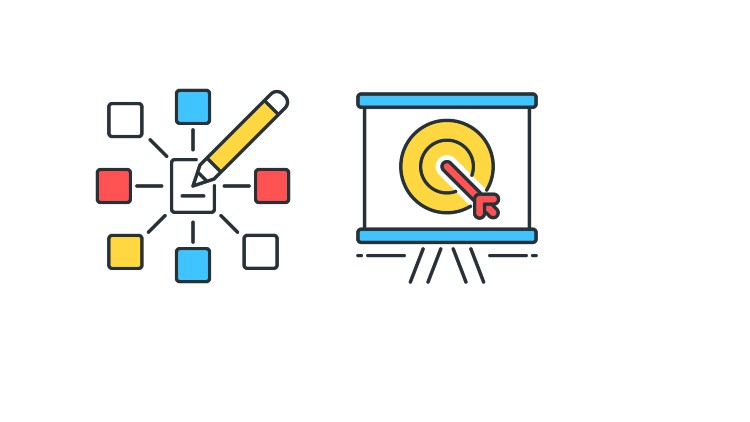
Learn Python and improve your skills by Building Projects
What you will learn
Learn how to setup a Python development environment
Build a Digital Clock
Build a Calculator
Build a countdown timer
Build a Random number generator
Build a number guessing game.
Description
Python is an interpreted high-level general-purpose programming language. Its design philosophy emphasizes code readability with its use of significant indentation. Its language constructs as well as its object-oriented approach aim to help programmers write clear, logical code for small and large-scale projects
Python is a popular general-purpose programming language that can be used for a wide variety of applications. It includes high-level data structures, dynamic typing, dynamic binding, and many more features that make it as useful for complex application development as it is for scripting or “glue code” that connects components together. It can also be extended to make system calls to almost all operating systems and to run code written in C or C++. Due to its ubiquity and ability to run on nearly every system architecture, Python is a universal language found in a variety of different applications.
Python is an interpreted, interactive, object-oriented programming language. It incorporates modules, exceptions, dynamic typing, very high level dynamic data types, and classes.
The programming language includes thousands of third-party modules available in the Python Package . Python provides popular standards for different expertise, like Django for web development and so on.
Those new to programming can benefit from Python’s high level of abstraction. It is highly interactive and known for its “strong opinions” around specific syntax (including whitespace). Python, like other high-level languages, has a garbage collection process to manage memory or delete unused resources. A user can receive instant feedback from the interpreter by typing python on the command line
Content